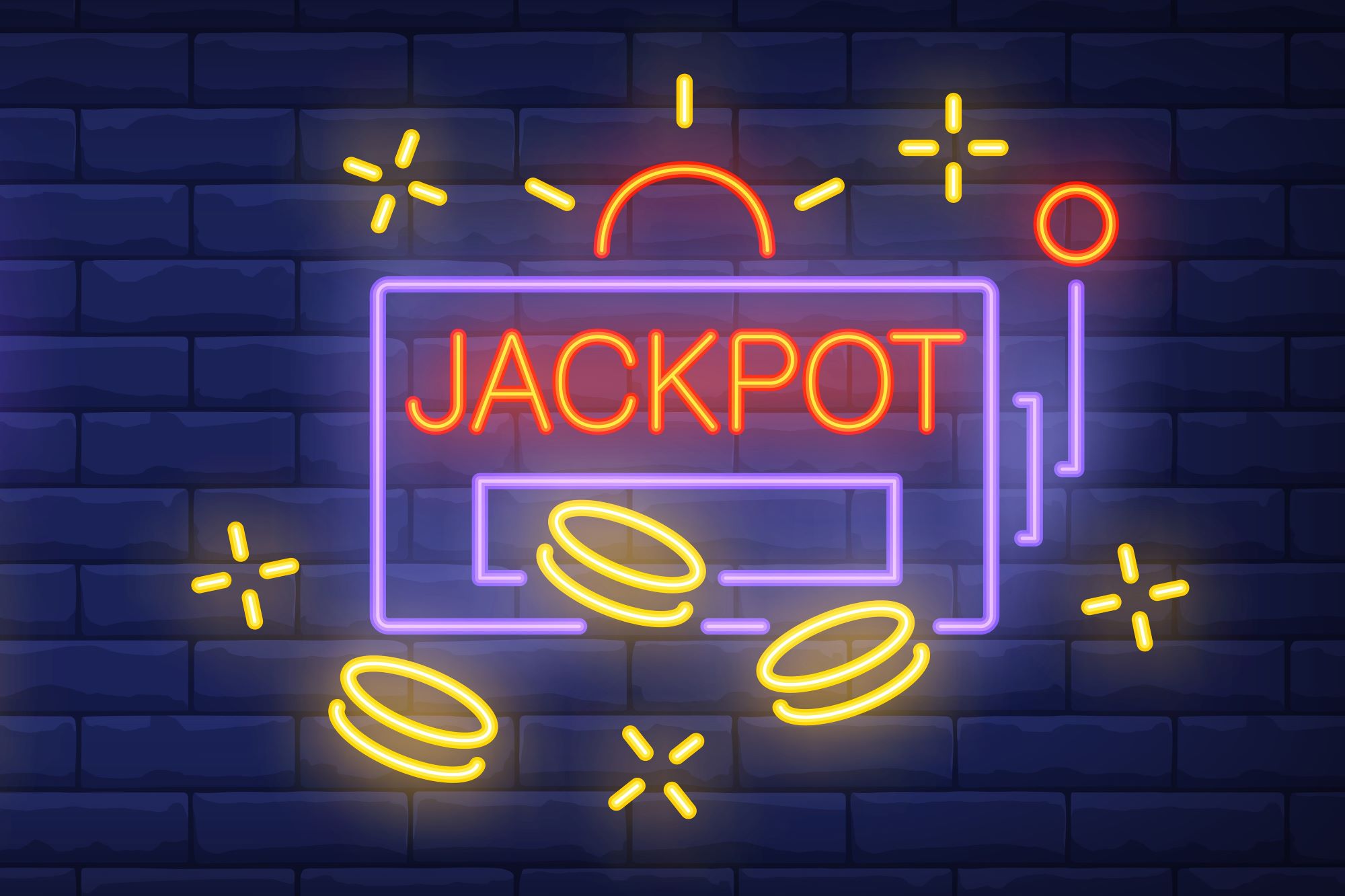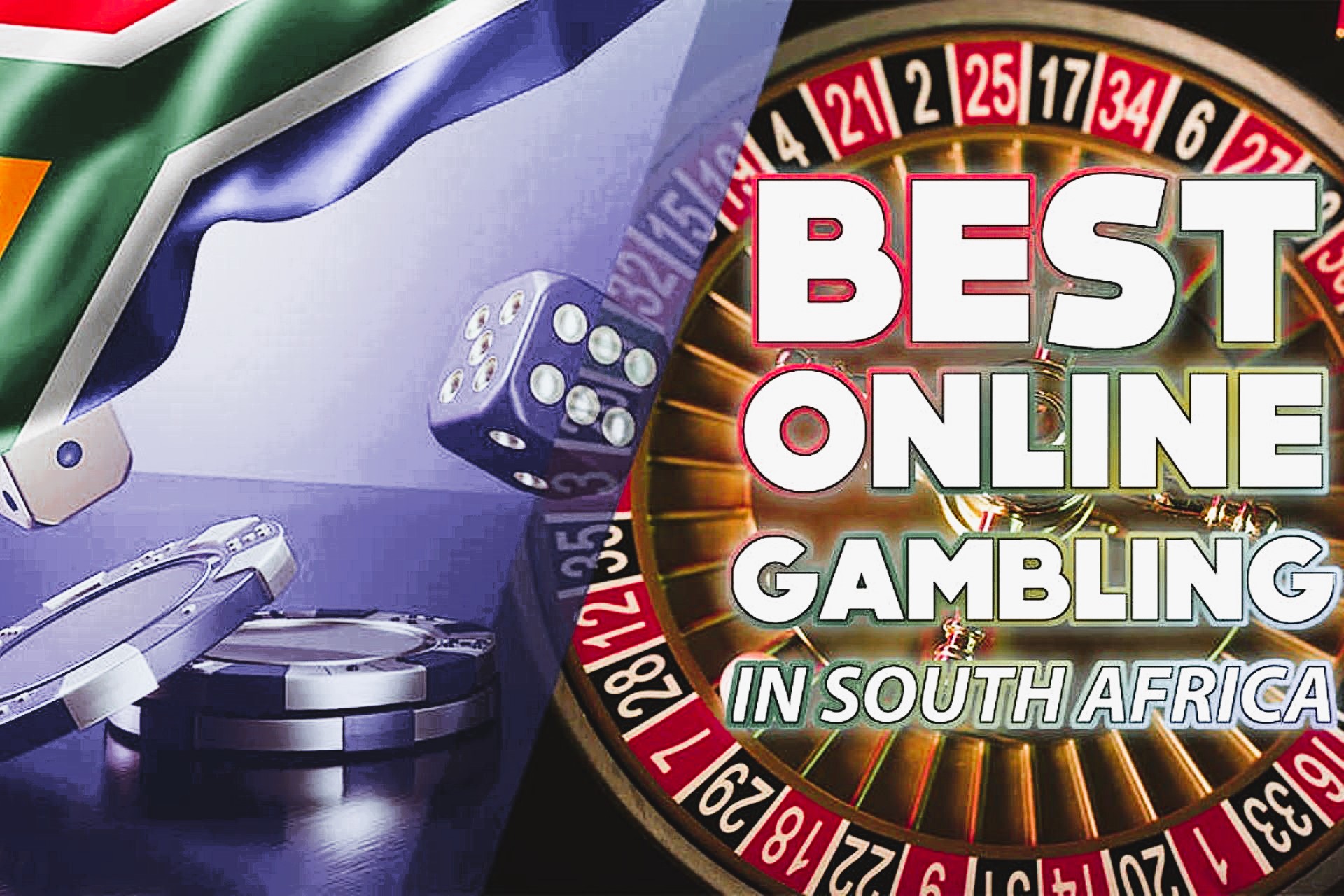Navigating the casino landscape in South Africa requires understanding the importance of legality and licensing. Licensed casinos operate under strict regulations that ensure fair play and player protection. Knowing how to verify a casino’s license can prevent players from falling victim to unregulated and potentially unsafe gaming environments. This article highlights the key features that define licensed casinos, offers guidance on checking their legality, and underscores the significance of playing at reputable establishments for a secure gaming experience.
Overview of Licensing Authorities
In South Africa, the regulation of casinos is overseen by several licensing authorities, primarily the National Gambling Board (NGB) and various provincial gambling boards. The NGB is responsible for setting the national framework for gambling legislation and ensuring that all operators comply with the Gambling Act. Each province has its own gambling board, which handles licensing, regulation, and oversight of casinos within its jurisdiction. These bodies play a critical role in promoting fair and responsible gambling practices while ensuring that operators adhere to strict legal standards.
The provincial boards also conduct regular inspections and audits to monitor compliance and address any issues that arise. By holding casinos accountable for their operations, these authorities protect players’ interests and maintain the integrity of the gambling industry. Players can rely on the licensing provided by these authorities as a guarantee that the casino operates legally and adheres to high standards of fairness and security.
Importance of Licensing
Obtaining a license is essential for casinos as it provides a robust framework for consumer protection. Licensed casinos are required to adhere to strict regulations that promote fairness and transparency in gaming operations. This includes implementing measures to prevent cheating, ensuring accurate payout rates, and safeguarding customer funds. By operating under the oversight of regulatory authorities, licensed casinos create a safe environment for players, giving them confidence that their rights will be protected and that they will receive fair treatment.
Legal Accountability
Licensing also establishes a system of legal accountability for casinos. In the event of disputes or unethical practices, players have recourse to regulatory bodies that can investigate complaints and enforce penalties against non-compliant operators. This legal framework ensures that casinos operate ethically and maintain high standards of conduct. Furthermore, the threat of losing their license serves as a strong incentive for casinos to follow regulations diligently, ensuring they remain committed to providing a secure and responsible gambling experience for all players.
Key Features of Licensed Casinos
Licensed casinos in South Africa offer several key features that distinguish them from unlicensed or illegal operators. One of the most important aspects is their commitment to fair gaming practices. Licensed casinos are required to use certified random number generators (RNGs) for their games, ensuring that the outcomes are fair and unpredictable. Additionally, these casinos are subject to regular audits by independent testing agencies to verify that they comply with industry standards for game fairness and transparency.
Key Features:
- Fair Gaming Practices: Certified random number generators (RNGs) and regular audits by independent agencies.
- Responsible Gambling Measures: Self-exclusion programs, deposit limits, and support resources.
- Customer Support: Dedicated teams available to assist players with inquiries and issues.
- Secure Transactions: Use of encryption technology to protect players’ financial information.
- Game Variety: A wide range of games, including slots, table games, and live dealer options.
- Transparent Terms and Conditions: Clear rules regarding bonuses, payouts, and gameplay to ensure player awareness.
- Player Protection: Regulations that safeguard players’ rights and ensure they can report grievances effectively.
Another critical feature is the implementation of responsible gambling measures. Licensed casinos must provide resources and tools for players to manage their gambling activities, such as self-exclusion programs and deposit limits. This commitment to player welfare is crucial in promoting a safe gambling environment. Moreover, licensed casinos are obligated to have dedicated customer support teams available to assist players with any inquiries or issues they may encounter.
How to Verify a Casino’s License
Verifying a casino’s license is an essential step for players to ensure they are engaging with a legal and reputable operator. Below is a table outlining the steps to check a casino’s legality, the resources to use, and the information to look for.
| Step | Resources | Information to Look For |
| Visit the casino’s website | Official casino site | License number and issuing authority |
| Check regulatory websites | National Gambling Board (NGB) | Validity of the license |
| Review online reviews | Gambling forums and review sites | Player experiences and complaints |
Steps for Verifying a Casino’s License:
- Check the Official Website: Look for the license number and the regulatory authority.
- Consult Regulatory Authority Websites: Verify the license number for validity.
- Read Player Reviews: Look for consistent feedback regarding the casino’s reputation.
- Search for Compliance Reports: Investigate if the casino has faced any penalties or legal issues.
- Contact Customer Support: Ask directly about the casino’s licensing if information is unclear.
- Look for Security Features: Ensure the site uses encryption technology for transactions.
- Examine Terms and Conditions: Read through the rules regarding bonuses and payouts for transparency.
To begin, players should visit the casino’s official website, where they can usually find information about their licensing. Look for a dedicated section that provides the casino’s license number and the name of the regulatory authority that issued it. This information is crucial for verifying the casino’s legitimacy.
Next, players can visit the websites of relevant regulatory authorities, such as the National Gambling Board (NGB) or provincial gambling boards. These sites often have databases or listings of licensed operators. Players should cross-check the casino’s license number to ensure it is valid and current.
Additionally, players can review online forums and review sites where other players share their experiences with various casinos. Checking for consistent complaints or issues regarding withdrawals, game fairness, or customer service can help identify potential red flags.
Red Flags of Unlicensed Casinos
When it comes to online gambling, being aware of the red flags that indicate a casino may be operating illegally is crucial for players. Unlicensed casinos often exhibit several warning signs that can help players identify potential scams or unsafe environments. Recognizing these signs can protect players from financial loss and ensure a safer gaming experience.
One major red flag is a lack of transparency regarding licensing information. If a casino does not clearly display its license number or the name of the regulatory authority, it is a significant cause for concern. Legitimate casinos typically provide this information prominently on their websites. Additionally, unlicensed casinos may not have a physical address listed, or the contact information may be vague or non-functional, making it difficult for players to reach customer support if issues arise.
Another warning sign is the presence of numerous complaints from players regarding payment issues. Unlicensed casinos often delay or refuse withdrawals, leading to frustration among players. Checking online forums, review sites, and social media for consistent negative feedback can help players gauge the casino’s reliability. Furthermore, a lack of responsible gambling features, such as self-exclusion options and deposit limits, is another indicator of an unlicensed operation that may prioritize profit over player welfare.
Red Flags to Watch For:
- Lack of Licensing Information: No visible license number or regulatory authority mentioned.
- Vague Contact Details: Absence of a physical address or non-functional contact options.
- Frequent Payment Complaints: Reports of delayed or denied withdrawals from players.
- Negative Reviews: Consistent negative feedback on gambling forums and review sites.
- Absence of Responsible Gambling Measures: No options for self-exclusion or deposit limits.
- Unclear Terms and Conditions: Complicated or hidden rules regarding bonuses and payouts.
- Overly Generous Promotions: Offers that seem too good to be true, which may indicate hidden strings attached.
By being vigilant and informed about these red flags, players can make safer choices when selecting online casinos and avoid falling victim to unlicensed operators.





